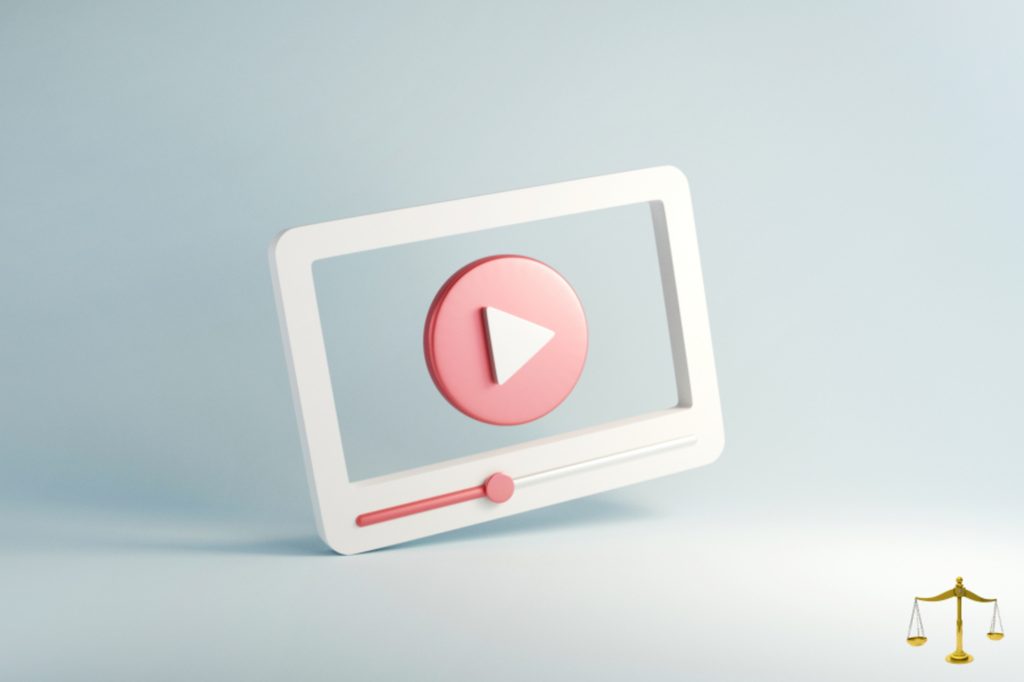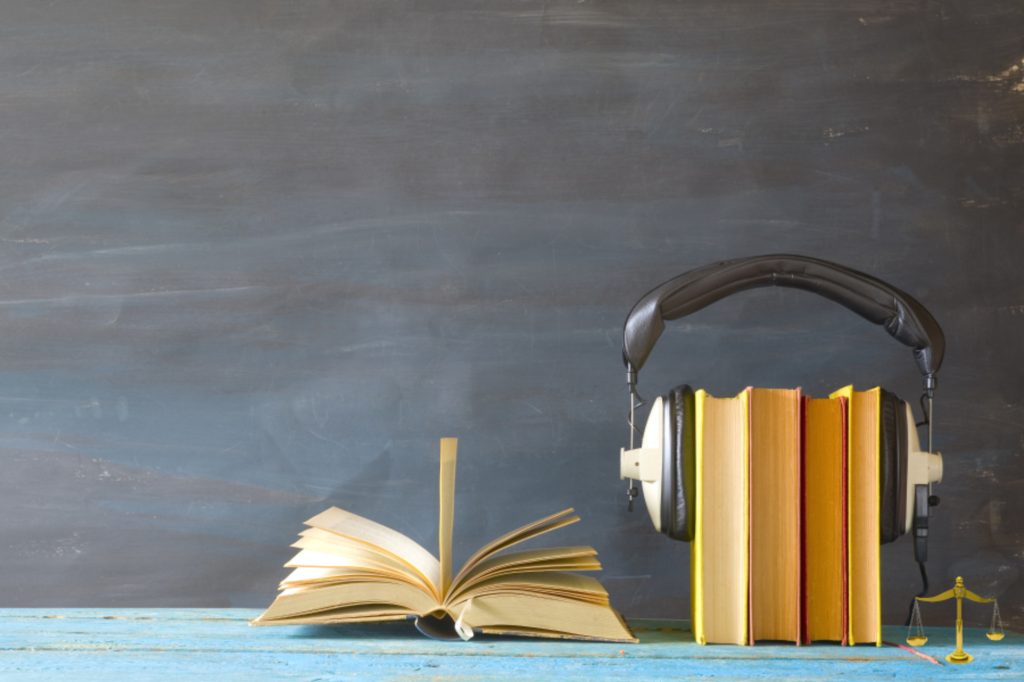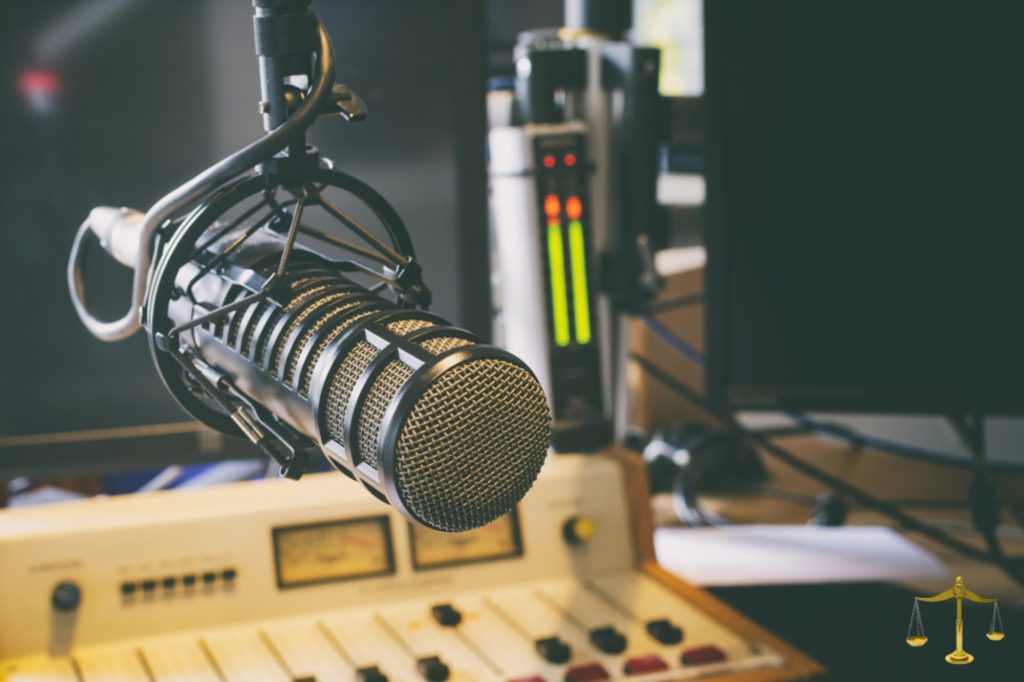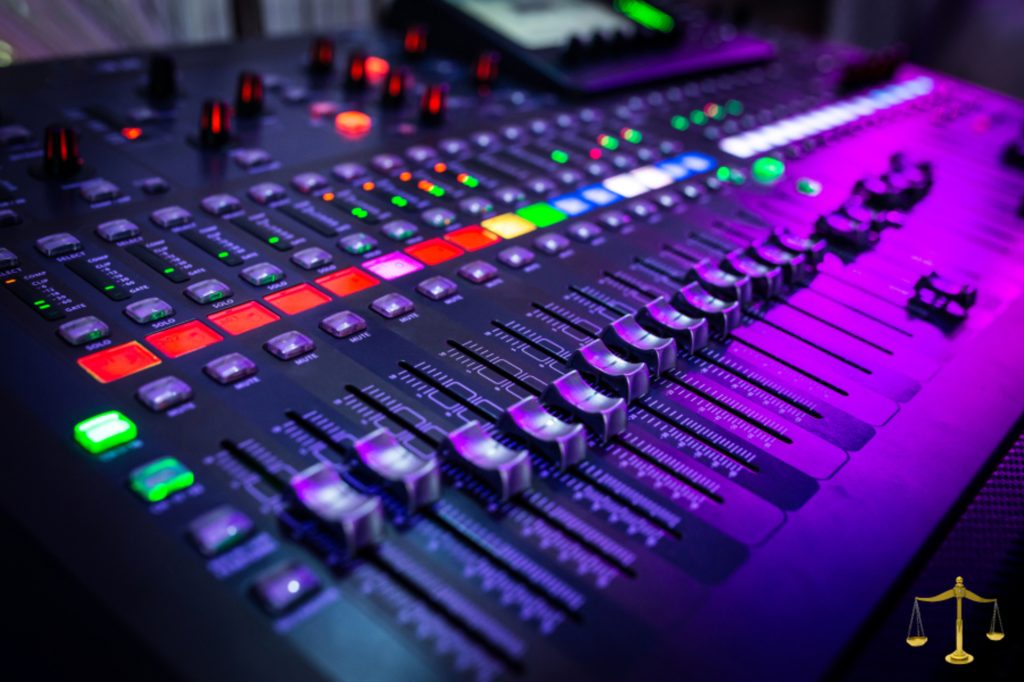
In the Music industry, many times the first contact that a songwriter has with the business side of music is through dealings with a music publisher.
The business side of music can seem daunting to songwriters with little or no experience in Entertainment and Intellectual Property law. This is because music publishing deals sometimes involve complex contracts and agreements.
Read This : New Law Article



What is Music Publishing?
Music publishing is the business of promotion and monetization of musical compositions.
Music publishers ensure that songwriters receive royalties for their compositions and also work to generate opportunities for those compositions to be performed and reproduced.
This relationship can be one of the most crucial relationships a songwriter will ever enter into, as the role of the music publisher is to exploit the song i.e. (get artists to record it; get the song placed in motion pictures, television series, videogames, advertising commercials, ringtones etc.);
Roles of Music Publishers

Music publishers on behalf of the songwriter, negotiate deals with all of those who want to use the song (film and TV producers, advertising agencies, videogame companies, etc.)
They also protect the song (copyright the song, sue infringers and register the song with regulatory agencies such as KECOBO through their National Rights Registry (NRR) and the digital licensing and royalty management portal.)
Music Publishers also collect the song’s earnings from all sources (with the exception of the writer’s share of performance monies) and pay the songwriter his or her share according to the songwriter/music publisher contract.
Music Publishing Agreements
To effectively govern this relationship between music publishers and songwriters, both parties usually enter into and sign music publishing agreements.
Generally speaking, any publishing agreement involves the songwriter transferring a part of their copyright to a publisher (allowing them to license the use of the composition). In exchange, the songwriter gets a share of royalties collected by the publisher.
There are various types of publishing agreements that a songwriter can enter into with a music publisher. They include:
- Songwriter agreements
- Co-publishing agreements
- Administration agreements
1. Songwriter agreements
The most common songwriter-publisher agreements are the individual song agreement and the exclusive songwriter agreement.
Under an individual song agreement, a writer transfers 100% of the copyright in a composition or a selected number of identified compositions to a publisher and, in return, receives a portion of the income earned from uses of that composition or compositions. The transferred copyright interest usually reverts back to the songwriter at the period of termination of the agreement.
Under an individual song agreement the songwriter and the music publisher make an agreement for these individual songs only and the songwriter has no further obligation to the music publisher for other songs written past or future.
An Exclusive Songwriter Agreement (ESA) is a deal between a songwriter and music publisher whereby the songwriter agrees that all new songs written by him/her for a specific period of time, will be subject to the contract. The length of these deals is negotiable and can vary, but they preferably last around 1–2 years.
2. Co-publishing agreements
It is a publishing agreement between two or more publishing companies, whereby the publishers co-own, or “co-publish”, the applicable songs.
The most common use of the term “co-publishing” is generally in reference to a music publisher working alongside a songwriter’s own publishing company.
In the most common type of co-publishing deals, the ownership of the copyrights is split between the two publishers (i.e. the traditional music publisher and the songwriter’s music publishing entity), usually 50/50.
The publisher’s share of income is also split between the two publishers. In this scenario the songwriter would receive his/her writer’s share of income from uses of the song, plus half of the publisher’s share of income, in effect making it a 75/25 deal between writer and publisher.
3. Administration agreements
In an administration agreement, the songwriter maintains creative control of their copyright and pays usually about 10% to 25% of their publisher’s share in the form of an administrative fee.
In this case, the administrator does not acquire ownership inthe copyrights in the songs and is only commissioned to handle the formalities related to the exploitation of the musician’s composition as well as to protect and enforce the rights in the song.
Most of the time, administration agreements do not include creative services i.e. (exploitation of the songs in films, TV, ads, videogames etc.) They focus solely on administrative duties, such as properly registering a songwriter’s songs with global societies and collecting royalties on their behalf.
By: Brian Mabeya


